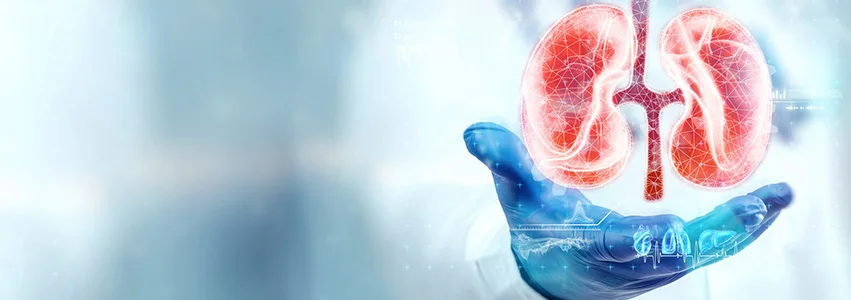
Renal Diseases
Renal diseases, also known as kidney diseases, affect the kidneys, vital organs responsible for filtering waste products and excess fluids from the blood to form urine. These conditions can range from mild to severe and may lead to complications such as kidney failure, electrolyte imbalances, and high blood pressure.
Here are some common renal diseases:
- 1. Chronic Kidney Disease (CKD): CKD is a progressive condition characterized by a gradual loss of kidney function over time. Common causes of CKD include diabetes, hypertension, glomerulonephritis, and polycystic kidney disease. Symptoms may include fatigue, swelling, changes in urination, and electrolyte imbalances.
- 2. Acute Kidney Injury (AKI): AKI, also known as acute renal failure, is a sudden loss of kidney function that occurs over a short period. It may be caused by conditions such as dehydration, severe infection, urinary tract obstruction, or exposure to nephrotoxic drugs. Symptoms may include decreased urine output, fluid retention, nausea, and confusion.
- 3. Kidney Stones: Kidney stones are hard mineral deposits that form in the kidneys and can cause severe pain when they pass through the urinary tract. Common types of kidney stones include calcium stones, uric acid stones, and struvite stones. Risk factors include dehydration, certain medical conditions, and dietary factors.
- 4. Urinary Tract Infections (UTIs): UTIs are infections of the urinary tract, including the kidneys, bladder, ureters, and urethra. They are usually caused by bacteria and can lead to symptoms such as pain or burning during urination, frequent urination, and cloudy or bloody urine.
- 5. Nephrotic Syndrome: Nephrotic syndrome is a group of symptoms that occur when the kidneys leak large amounts of protein into the urine. It may result from various underlying conditions, including glomerulonephritis, diabetes, and lupus. Symptoms may include swelling (edema), proteinuria, hypoalbuminemia, and high cholesterol levels.

